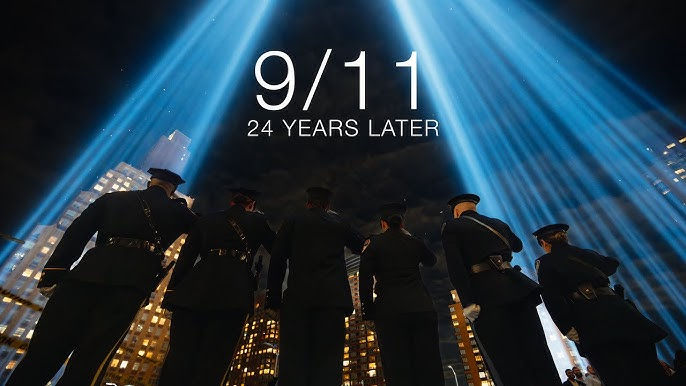The Night Justice Was Delivered
- Buck Murphy

- Sep 11, 2025
- 3 min read
In the late hours of May 1, 2011, U.S. forces carried out a decisive operation that brought an end to nearly ten years of search for Osama bin Laden, the mastermind behind the September 11 attacks. The operation, known as Operation Neptune Spear, marked a defining moment one that blends painstaking intelligence work, courage, and the weight of a promise to those whose lives were shattered on 9/11.
The Raid
Under cover of night in Abbottabad, Pakistan, a small team of U.S. Navy SEALs, supported by the CIA and special operations command, descended upon a fortified compound. The mission lasted less than 40 minutes. The operatives encountered resistance; bin Laden was killed in the firefight. Also killed were several others present in the compound, including one of bin Laden’s adult sons and two courier associates.
The Announcement
At 11:35 p.m. Eastern Daylight Time, President Barack Obama addressed the nation in a solemn broadcast from the White House, reporting the mission’s success. “Tonight I can report to the American people and to the world that the United States has conducted an operation that killed Osama bin Laden,” he said. He praised the bravery of the U.S. forces, the coordination across intelligence and military sectors, and reaffirmed that the journey to bring those responsible for 9/11 to justice was long but resolute.
Public and Global Reaction
The announcement triggered immediate responses across the United States and the world. In New York City, Washington D.C., and other cities, people gathered — some in quiet reflection, others in spontaneous relief. For many victims and families of September 11, the death of bin Laden represented a kind of closure to a chapter of grief, though the scars remained.
Internationally, reactions were mixed but largely supportive of the U.S. action. Governments and organizations celebrated the demise of a man who had orchestrated mass terror; at the same time, there were debates over legality, sovereignty, and the precedent such an operation sets.
Why It Mattered
Symbolic and Strategic Victory Bin Laden had become a global symbol of terror. Though al-Qaeda’s network had fragmented over the years, his capture or death was a major goal of U.S counterterrorism efforts. Removing him was both a moral imperative for many, and a strategic blow to al-Qaeda’s leadership and morale.
Long-Term Intelligence & Risk This was not a spontaneous raid; it was the culmination of months of intelligence work. Skeptics had questioned whether leads were reliable; risks were high risk of civilian casualties, risk of international backlash, risk of failure. The success of night-time precision operations like these underscored the changes in how modern counterterrorism is prosecuted.
End of One Chapter, Continuation of Another While bin Laden’s death answered one demand for accountability, it didn’t end terrorism, nor did it erase the memory of those lost. The world after May 1, 2011, was different and safer in one sense, yet still facing threats, mistrust, and the challenge of reconciling with trauma.
Looking Back: Night, Memory, and Meaning
That night in 2011 holds a place in memory not merely because of who died or how, but because of what people were longing for: justice, closure, peace. For many on 9/11, that longing turned into two decades of fear, of waiting, of uncertainty. When the news came, it was a jolt of emotion relief, sorrow, reflection.
The death of Osama bin Laden is not something that undoes the tragedies of September 11, but it adds a measure of resolve. It reminds us that some consequences, even for actions that seem beyond repair, can be met. It reminds us that grief, in time, can inspire purpose.



Comments